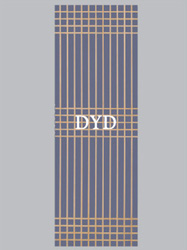|
|

조선살
|
|
 |
RPnSDxaark |
 |
803 |
|
 |
| Could I borrow your phone, please? http://beegmovies.site/sitemaps/1.html pussy kds The first battle facing Microsoft and Intel is bridging the gap between user expectations and the technology presently being offered in Windows tablets. The components needed to meet users' expectations of a Windows PC aren't what's used in most tablets. Tablets are thinner, lighter, and far more mobile than laptops; thus, manufacturers are opting for low-powered Atom processors instead of the Core processors used in laptops. As a result, the average Windows tablet experience is generally slow and underpowered. It's a difference that users can immediately feel, and thus far, no version of the Atom-powered netbook-sans-keyboard has been able to replicate the sort of fluid, powerful experience that users expect from a "real" Windows PC. It's a problem caused by the very success of Wintel and the sheer omnipresence of the PC—we know what a real PC is supposed to do, and Windows tablets fall short of that expectation. Though Intel and a dozen OEMs have been feverishly working to find designs that close that gap, it's still a pretty big deficit. |
 |
 |
Grady |
 |
2020-06-08 06:12:52 |
|
|
|
|
|
|
|
|
|